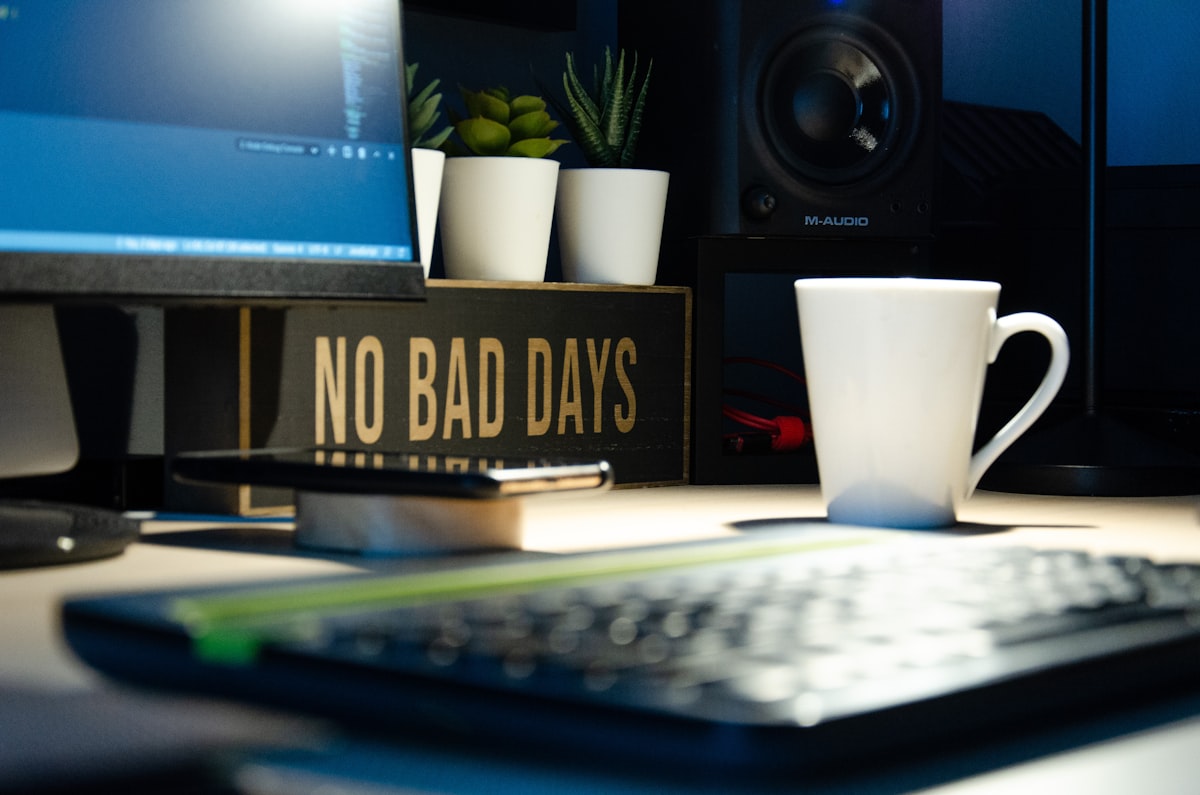The constant pressure to produce, the feeling that your every free moment is spent on that keyboard, the relentless schedule—these are the hallmarks of a writer’s life. And for some people, it is a dream job. But for others, it can feel like a never-ending cycle of writing, rewriting, editing, and redlining. If you find yourself feeling burnt out from your writing life, don’t worry—you’re not alone. Recognizing the red flags and taking action to avoid burnout will help you keep your creative juices flowing.
6 tips to keep your creative juices flowing
Make a Plan
If you feel like many writers who are feeling overworked and stressed out, you haven’t developed a plan to stop the feeling. Before you can prevent burnout, you have to know where it is coming from. As with most things in life, the best way to avoid burnout as a writer is to create a plan.
If you’re feeling like you need a break from your day-to-day routine, make a plan to take one. Even if it’s just for a day or two, unplug from your keyboard and take a break from your usual routine. This will give your creative side a chance to unwind and let you come back to your work with a fresh perspective.
Determine why you are feeling burnt out and see if there is a way to turn the situation around. For example, if you find that your schedule is the root of your stress, try to adjust your workload or find ways to make your schedule less hectic. A few simple strategies can help you de-stress and keep your concentration levels high.
Exercise daily
The benefits of physical exercise are well-documented—it can improve your health, boost your immune system, reduce your risk of many diseases (including heart disease and cancer), and increase your productivity at work.
In fact, working out has been proven to increase brain activity by as much as 12%, which can lead to improved creativity and productivity, among other things.
However, while writing is a very physical job, it is also very mental. As such, you should try to find ways to challenge yourself physically while still remaining mentally active.
There is some research showing that, at the cellular level, physical exercise increases our capacity to process and store new information. As a writer, exercising can help to process information better while you’re writing and focus better on what you’re doing. This can help you prevent the “writer’s block” and keep churning out content.
Try to fit in at least 30 minutes of exercise daily, whether that’s taking a walk, going for a jog, or doing some calisthenics.

Networking is key
As a writer, you are likely spending a lot of time alone. This can be positive—after all, it gives you time to think—but it can also be negative, especially if you’re prone to anxiety.
Try to pair socialization with your work—find ways to talk to other writers, visit writers’ groups, or attend conferences. You will be surprised at how much less stressful each day is when you put your feet up and enjoy some face time with other writers. If you're looking to increase engagement on social media, you can check out this guide.
Networking is a vital part of any writer’s life, and it doesn’t matter if you are an experienced one or someone who's just searching for a job as a writer. You should always be looking to meet new people, share your work, and improve your craft. There are lots of ways to do this: attend events, join clubs, meet people through social media, etc.
Want to network like a pro? Check this.

Set up a routine
As with many things in life that are worth having, writing is a journey, not a destination. Instead of aiming to complete a certain amount of work each day, aim for quality rather than quantity.
And don’t be afraid to mix up your routine from time to time—if the idea of writing one day and not the next makes you feel stressed, try switching it up.
You should set up a daily writing routine even if you don’t feel like writing. Just like exercising, you’ll feel better and be able to focus better if you do it daily.
Your routine should include some measure of writing, whether that’s word processing, outlining, or planning out your next article or blog post. Your routine should also include some measure of planning out how you’re going to approach your writing for the next day.
Both of these activities will help you get your writing juices flowing and help you avoid the “writer’s block”. Try to fit in some writing every day, even if it’s only for a few minutes. It can help keep your creative juices flowing. Need more creative ideas? Try out Writesonic!
Take Short Breaks
If you find yourself struggling to take breaks from writing, try scheduling a break into your day—even if it’s for five minutes or half an hour. Taking small breaks from time to time will help keep your blood pressure and heart rate under control, which can help you avoid burns out.
Sometimes, we need to step back and take a break from our normal routine in order to come back to our writing with a fresh perspective. If you feel like you need a break, take one. Even if it’s just for a day or two, unplug from your keyboard and take a break from your usual routine. This will give your creative side a chance to unwind and let you come back to your work with a fresh perspective.
You can also create a plan for dealing with excessive stress. If you find yourself constantly stressed out, it can affect your work—and your writing—in a big way. A few simple strategies can help you de-stress and keep your concentration levels high.
Find your WHY
Find what brings you joy as a writer and concentrate on that—writing for the sake of writing or for the money will lead to burnout. Instead, find what inspires you to get out of bed in the morning and pursue your passion.
If you find yourself putting a lot of pressure on yourself to produce work, take a step back and ask yourself why. Why do you want to be a writer? What difference will your work make? How will people feel after they read it?
So, when you’re down, when you don’t feel like writing, or when you just need a break, remember your why. Your why will help you push through the tough times and help you find your inspiration once again.
Your why is what drives you and motivates you to write. It’s what gives your writing life.
Conclusion
Burnout is a real and dangerous condition affecting the majority of creative professionals at some point in their careers. It’s important to understand the warning signs and how you can prevent them from continuing to produce work at a high-quality level.
To prevent burnout as a writer, try to identify any triggers that might be leading you to feel overwhelmed and stressed. Next, try implementing some of the tips outlined in this guide to help you avoid burnout.
But, through it all, you must remember one thing: you can do this. You have the ability to produce quality work that affects the lives of your readers in a positive way. You can produce work that makes a difference in this world.
So, don’t let the small things get you down. You are a writer, and you absolutely can do this.




 Free 25 Credits
Free 25 Credits








